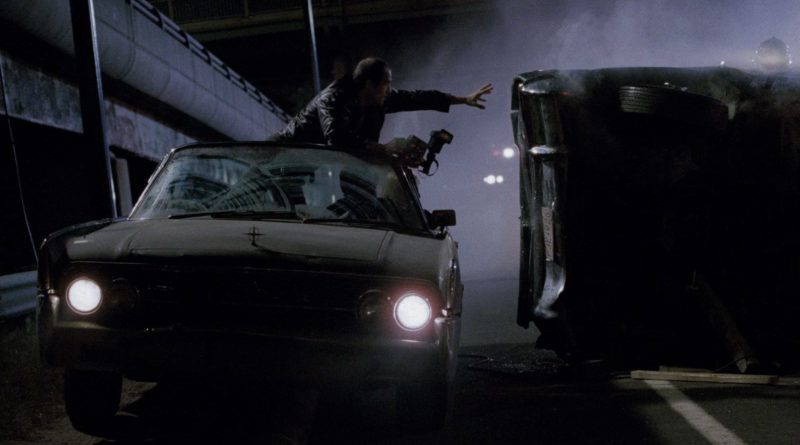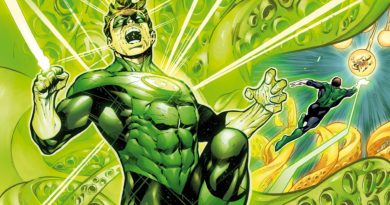‘Crash’ Review: Beyond the Bounds of Sanity
David Cronenberg‘s controversial 1996 opus, Crash, is about as controversial as a film can be without being banned outright. However for a film so polarizing, I have a hard time making heads or tails of it. It’s a movie about people who are sexually aroused by car crashes, and that’s about it. While there are no doubt many think pieces out there carefully examining the film’s details, probing for a “deeper meaning”, Crash is brazenly honest, never pretending to be anything more than exactly what it is, rendering its themes entirely subliminal.
The story follows James Ballard (James Spader, named after the source material‘s author JG Ballard) and his wife Catherine, who are floating aimlessly in a detached open marriage. When James is involved in a car crash, in which someone dies, he becomes drawn into a world of obsessives who fetishize car crashes, and their leader Vaughan (Elias Koteas), an “artist” whose projects consist of recreating in exact detail various real life car crashes in which celebrities such as James Dean or Jayne Mansfield had died. All the movie’s characters are drawn to each other and to car crashes by a kind of psychopathology that is utterly beyond their understanding, and one which they simply learn to surrender to, even as their various attempts a getting of grow increasingly more combative, dangerous, and deadly. What is remarkable about the movie is not its lurid sex or violence but its frankness in its depiction of people whose desires and motivations are so utterly alien.
Further adding to this alienation is the performances. All the actors behave and deliver their lines generally free of affect, or at least with a very subdued affect, giving them an eerie disconnect from the audience and from each other. The overall effect is one of a strange sort of objectivity. We the audience are left a great distance from them and their inner lives, even as they speak their thoughts out loud, allowing us to observe them in an almost clinical fashion. We are never given an avenue to connect to them emotionally.
Partway through the movie, Vaughan states facetiously that his car crash projects are a study about “the transformation of the human body by modern technology”. While he later retracts this, calling it a pretentious facade, in some sense he’s right on the money. Crash is a kind of body horror film in typical Cronenberg fashion, although in this case horror isn’t quite the emotion it goes for. It is like his other movies in that it is about the transformation of the human body, which ends up being a metaphor for the transformation of the human mind and spirit. Just as the character’s bodies grow progressively more mutilated with each successive crash, so does their self-destructive obsession grow within. Modernity has created a strange disconnect between the people who live in it and the world around them, and with it modern technology has created ever more efficient means of death and destruction. The confluence of these two things transforms the consciousness of the characters into something wantonly violent, self-destructive, and ultimately incomprehensible, where the greatest source of pleasure becomes utter annihilation.
Crash is very well made and very, dare I say, good. It’s a hard movie to like as its style and subject matter are almost designed to turn people away, and yet one can’t help but continue watching. It is a movie so unto itself that it is almost required viewing.




